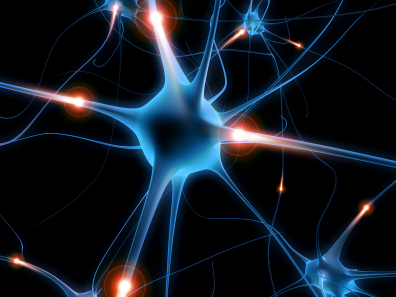
Led by researcher Christopher Bissonette, a team of researchers and scientists from Northwestern University's Feinberg School of Medicine in Chicago have successfully created brain cells associated with memory and learning with embryonic stem cells.
This is a major breakthrough for Alzheimer's research as the cells, scientifically known as basal forebrain chollinergic neurons, or BFC cells, are the first to succumb in a person afflicted with Alzheimer's. By implanting these cells in patients in the early stages of Alzheimer's, it helps to slow down memory loss as according to Telegraph Science correspondent Richard Alleyne, in early Alzheimer's, memory is not loss but the ability to retrieve those memories are lost as the BFC cells are killed.
Embryonic stem cells are the very first cells a baby developing in the mother's wound has and these cells can turn into any specialized cells. The stem cells the team worked with derived from embryos created for in-vitro fertilization. Under certain conditions, we can coax these cells into any kind of cell under certain specific conditions. According to Chicago Sun-Times, it took Christopher Bissonette's team six years to figure out the right conditions to change these cells into BFC cells.
The team has already implanted these new BFC cells into mice and they seem to work just like natural mice BFC cells.
Although this is a major breakthrough for Alzheimer's research, it is not a treatment or a cure for the deadly disease. Scientists still do not know what causes Alzheimer's. However, combined with other treatments, implanting BFC cells in Alzheimer's afflicted patients might help slow down the disease's impact. Also, according to Jack Kessler, chairman of neurology at the Feinberg School of Medicine, it puts scientists on a path to understanding and curing memory loss.
No comments:
Post a Comment